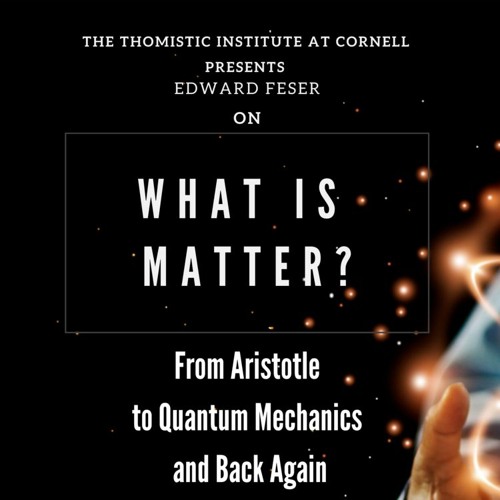

And when I get Congress to grant me the power to manufacture $20 bills, you might say (once again to use some traditional jargon) that I had the $20 eminently.

For though I didn’t actually have the $20 on hand, I did have the power to get hold of it. When I don’t have the $20 bill ready to hand but I do have at least $20 credit in my bank account, you might say that what was in the effect was in that case in the cause virtually. That is to say, I myself was an instance of the form or pattern of having a $20 bill, and I caused you to become another instance of that form or pattern. When I myself have a $20 bill ready to hand and I cause you to have it, what is in the effect was in the cause formally, to use some traditional jargon. … different ways in which the cause may have what is in the effect. The effect in this case is your having the $20, and I am the cause of this effect. Suppose, for example, that I give you $20. PPC: Whatever is in the effect must in some way or other be in the cause. To motivate the idea that there must be an intelligent first cause, Feser appeals to the principle of proportionate causality (PPC). While there’s a lot that can be questioned about the argument, I’ll narrow this post to what I think is one of the weaker parts of the proof: his proof that the first cause (i.e. In Five Proofs of the Existence of God, Feser runs an Aristotelian inspired argument for God.


 0 kommentar(er)
0 kommentar(er)
